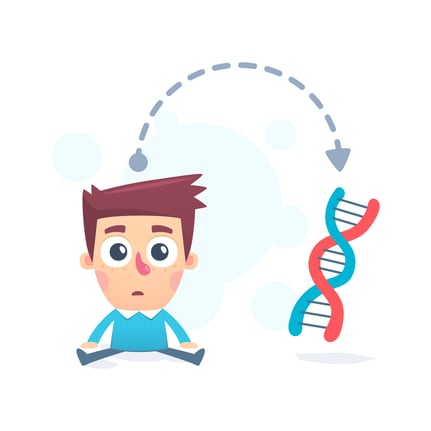 So your Uncle Bob has sleep apnea, and just yesterday you found out that his brother, your father, has been diagnosed and is starting CPAP therapy.
So your Uncle Bob has sleep apnea, and just yesterday you found out that his brother, your father, has been diagnosed and is starting CPAP therapy.
It turns out that two of your cousins on your dad's side of the family also have sleep apnea, as well as your grandfather in that family tree.
Should you be worried?
What does hereditary mean?
From the Merriam-Webster Dictionary, the medical definition of hereditary means "genetically transmitted or transmittable from parent to offspring." Could your parents "hand down" their sleep apnea to you? Maybe. It depends on genetics, but also on physiology, as well as lifestyle and environment.
Genetics
 It's entirely possible that genetics point to the possibility that sleep apnea runs in your family. This is called being predisposed. You are more likely to develop sleep apnea, but there's no guarantee it will happen, your risks are simply higher.
It's entirely possible that genetics point to the possibility that sleep apnea runs in your family. This is called being predisposed. You are more likely to develop sleep apnea, but there's no guarantee it will happen, your risks are simply higher.
Other inherited characteristics from relatives with sleep apnea may influence whether you develop this disorder. These include:
- general problems with breathing (i.e. allergies, asthma, respiratory disorders originating in the brain)
- having "floppy" upper airway tissue
- similar sleeping patterns
- family history of obesity
- ethnic predisposition (the National Sleep Foundation suggests that people of African, Pacific Islander, or Hispanic heritage may be more predisposed to sleep apnea)
However, if you consider that the most common form of sleep apnea—obstructive sleep apnea, or OSA—is a mechanical dysfunction of the upper airway during sleep, it's useful to take a look at how "family resemblance" in physiology could also be an important factor.
Physiology
More likely, sleep apnea is inherited, not by genetics, but by physical characteristics that make it more likely to happen. These can include one or more of the following:
- Small jawline
- Receding chin
- Large overbite
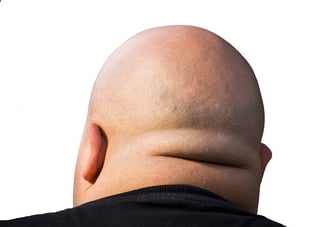
- Narrow sinus or nasal passages
- Oversized tongue, uvula, or tonsils
- Excessive tissue or fat pads around the neck
- Very narrow nostrils
- Round head
- High and narrow arch in the palate
It's probably a safe bet that if you can relate to any of these family-wide characteristics, you can assume your risk for developing sleep apnea is higher for you than it is for those who don't have these traits.
Lifestyle and environment
There are additional factors that can influence whether you develop sleep apnea. Some research, for instance, shows that obesity and sleep apnea may have a shared genetic component, but in either case, both predispositions are influenced not only by genetics, but also by your environment and lifestyle.
In other words, you may be more likely to develop sleep apnea or obesity (or both) if either already seems to run in the family and you also eat a high-calorie diet and do not exercise as much as you should.
You have control these other predisposing factors, fortunately. Practicing good health by getting regular exercise and eating healthy foods are just two ways you can help reduce your risk for sleep apnea and/or obesity, as well as many other chronic illnesses.
The bottom line: Don't despair if sleep apnea runs in the family. You won't necessarily develop a case just because Uncle Bob has it.
If you are concerned, however, it's always a good plan to address your worries with your primary care physician, who can refer you to a sleep specialist if necessary. If you do have a higher likelihood for developing it, and you have some symptoms of it already, then this is all the more reason to be proactive about getting a diagnosis and treatment.
Sources:
CHEST
Current Genomics
Journal of Applied Physiology
Merriam-Webster Dictionary
National Sleep Foundation
Progress in Respiratory Research
SLEEP
Thorax


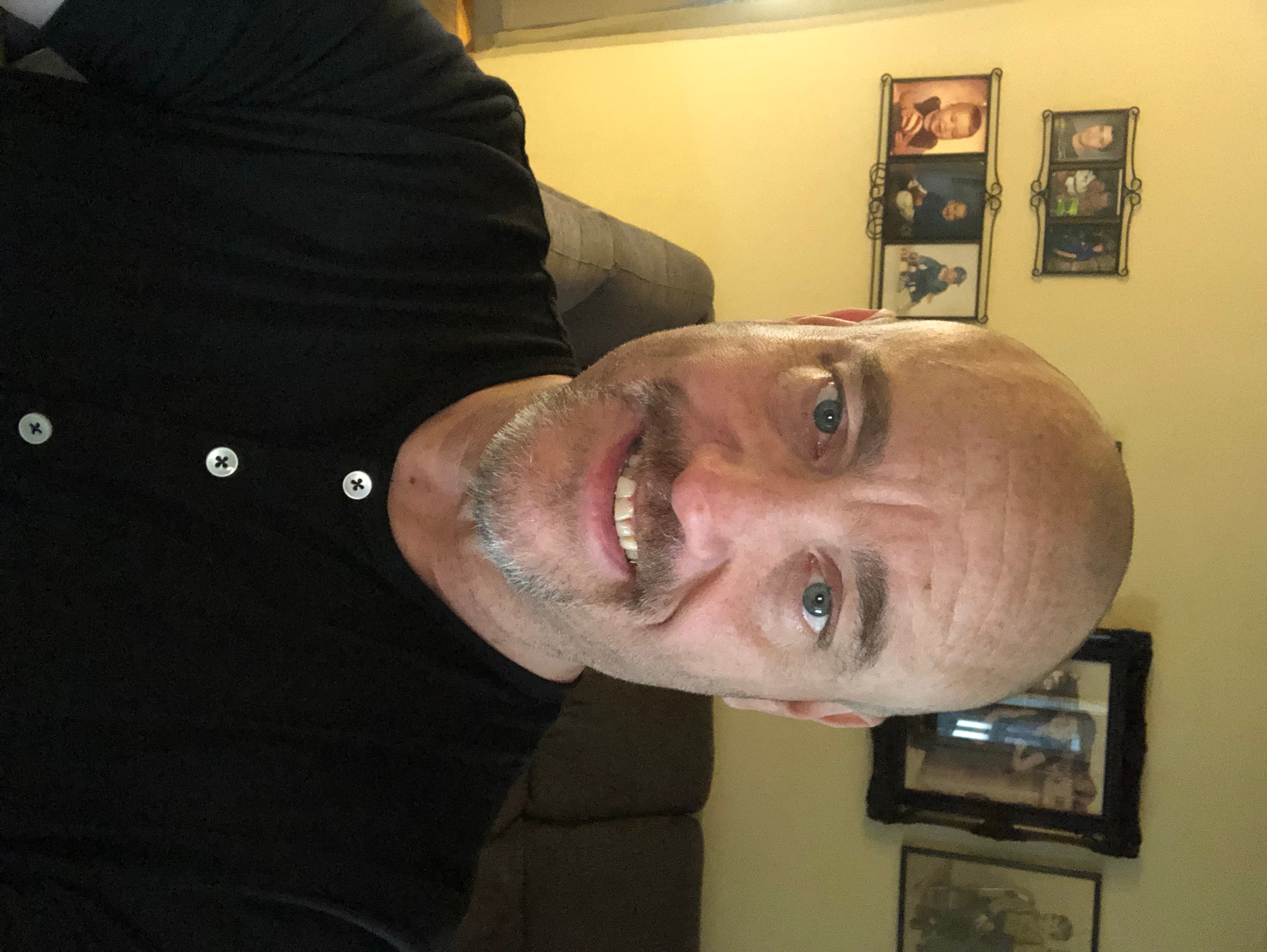



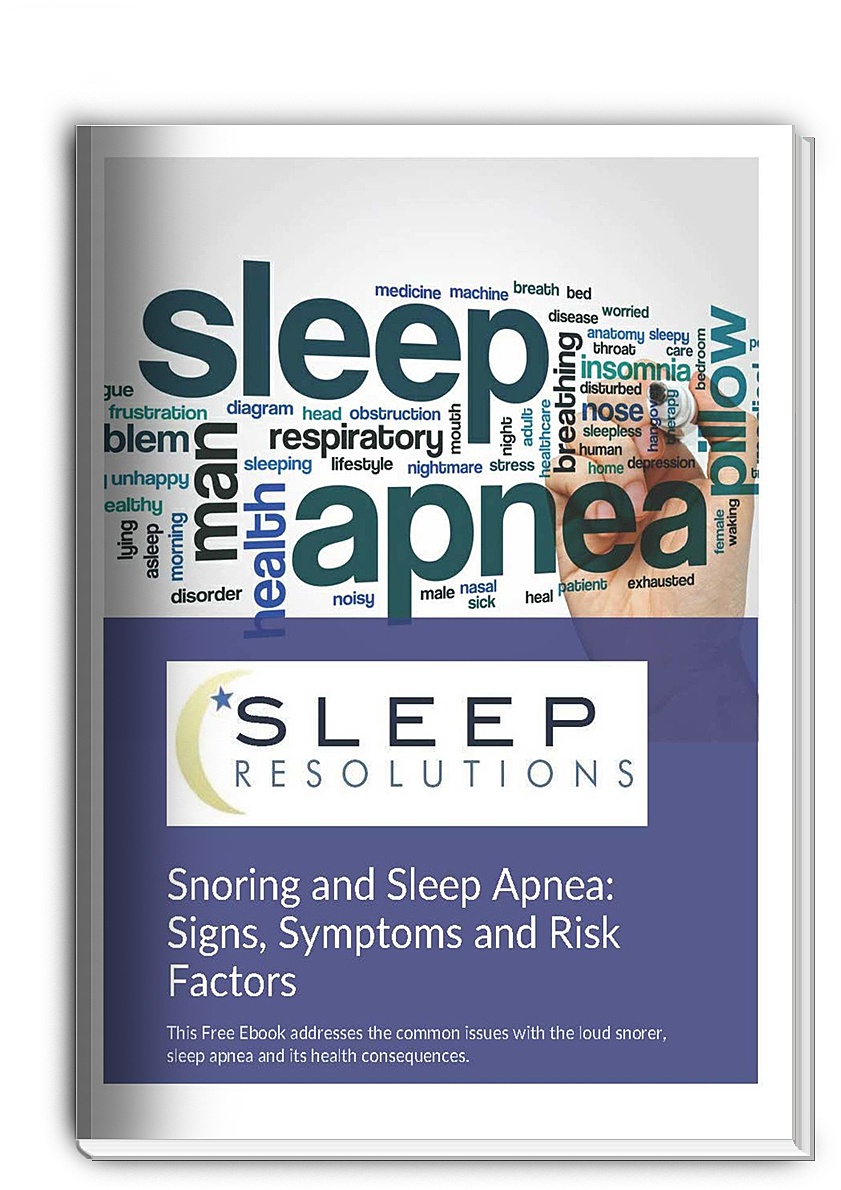

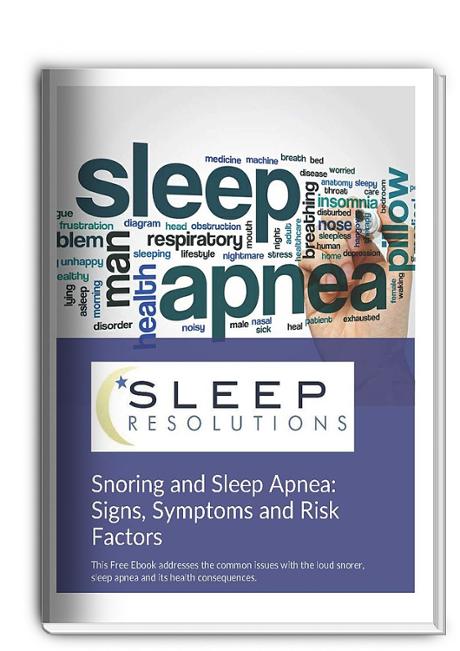

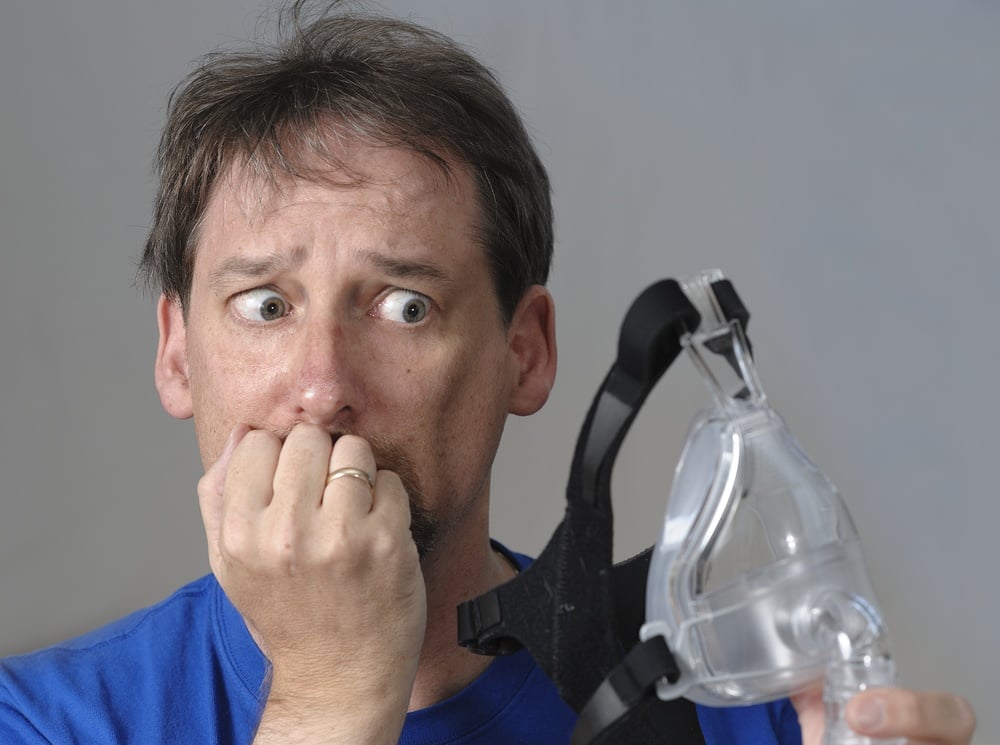


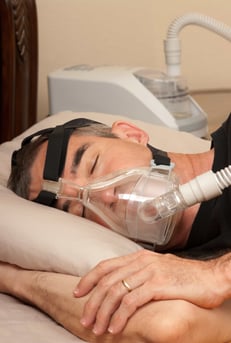
Leave a comment